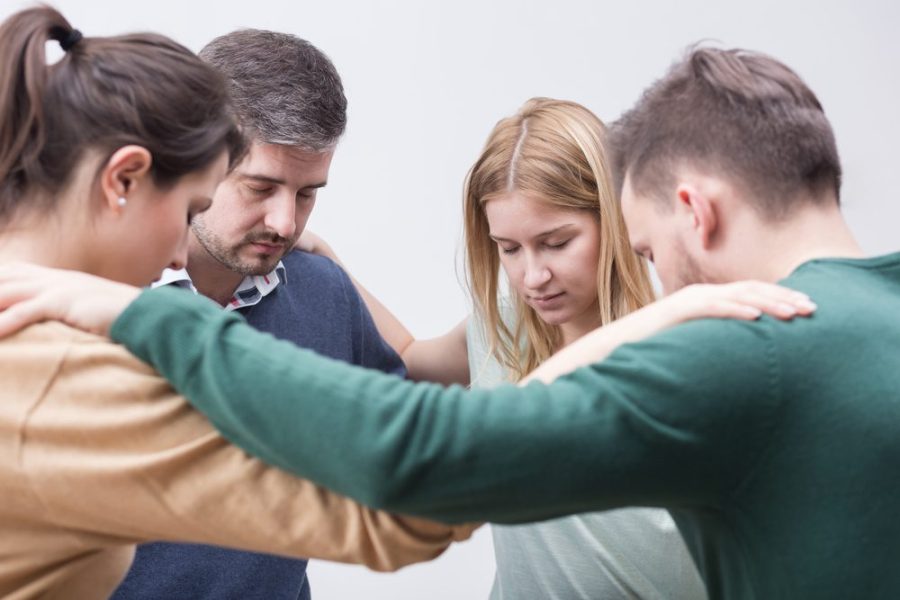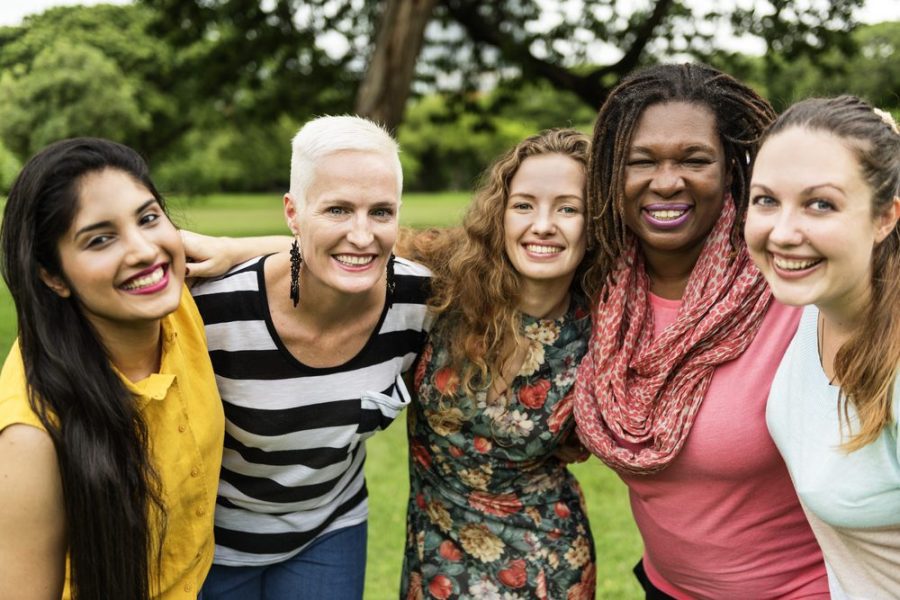Group Psychotherapy


Group psychotherapy can be an important and effective element of treatment for mental illness and drug addiction. While there’s no doubt that individual therapy is a valuable tool for identifying and treating depression, anxiety and other cognitive behavioral issues, there are numerous benefits offered by group therapy that one-on-one counseling simply does not provide. Chief among these benefits are a sense of belonging and the realization that you are not alone in your struggle.
Being a part of a group and sharing, listening and providing feedback to others has a lot of benefits. It can help improve your sense of self-worth and ease your anxiety, all while providing accountability and support in a safe, confidential environment led by a licensed mental health care professional.
At The Woods of Parkside, a mental health and substance abuse treatment center in Ohio, we offer comprehensive programs and services for drug addiction treatment, depression, and mental health treatment and dual diagnosis treatment. Group therapy sessions are an important part of our rehabilitation programs because they help us empower patients to make real, long-lasting change.
What Is Group Psychotherapy?
Group psychotherapy is a form of psychotherapy in which one or more psychologists, therapists, or counselors treats a group of 5-15 patients in a small group setting. Groups are typically comprised of people dealing with similar circumstances or challenges. Group therapy commonly addresses:
- depression
- anxiety
- anger
- grief
- eating disorders
- substance abuse
Because mental health issues can affect anyone, group therapy often brings together a diverse selection of individuals from different ethnic backgrounds, religions, and genders. Regardless of your differences, the ability to identify with each other and understand the feelings, situations and challenges presented by your common mental health issues assures you that you are not the only one facing these challenges—there are others just like you.
Types of Group Therapy
There are several types of Group Psychotherapy, each with its own unique structure and mission. However, virtually all types of group therapy have several common goals aimed at addressing mental health issues, learning and developing life skills, and growing as a person. Types of group psychotherapy include:
- Psychoeducational groups
- Counseling groups
- Skills groups
- Support or self-help groups
Psychoeducational Groups
The focus of psychoeducational groups is to educate people about their mental health and substance abuse issues. The key word here is “awareness.” This includes overcoming denial of your condition, becoming aware of what it is and how it affects your life, and understanding the consequences of self-destructive behavioral patterns.
Counseling Groups
Counseling groups are less about education and more about emotional management, personal development, and self-discovery. The structure is less formal, and sharing and feedback among group members is encouraged. The leader is more of a facilitator that helps the group stay on track and lead them through various developmental stages. For these reasons, counseling groups are an important part of recovery from drug and alcohol addiction.
Skills Development Groups
Skills development groups are aimed at developing and improving skill sets that help people successfully navigate the everyday challenges of life. Such skills may include self-awareness, empathy, managing conflict and anger management. Skills groups also help people develop more tangible skills.
At The Woods at Parkside, we offer a unique curriculum of life skills groups aimed at developing and strengthening core skills that help people stay sober and healthy after treatment. Groups cover core skills like:
- Cooking
- Laundry Skills
- Budgeting
- Time Management
In addition to life skills groups, The Woods at Parkside also offers recreational therapy and music therapy. And all of these groups come together a well-rounded curriculum of recovery for addiction and mental illness.
Support and Self-Help Groups

Support and self-help groups are perhaps the most common, most accessible form of group therapy. In these groups, the group members themselves are the “therapists”, while the group leader provides structure, organization and guidance as needed. Because of their informal nature, some people are more agreeable to attending these types of groups, which are typically comprised of people with similar circumstances and issues. And, one big advantage of support groups is their affordability, because they are often free.
Some well-known examples of support groups include AA, NA and Al-Anon. In many cases, support groups are popular among people who have already completed a treatment program.
The Benefits of Group Psychotherapy

While some of the benefits of Group Therapy are similar to those achieved via individual counseling, the group setting offers unique opportunities to for individuals to grow in areas that can’t be duplicated by one-on-one counseling.
- Peer support: Feedback from others who share common experiences is often more welcome than feedback from professionals. It also helps individuals realize they are not alone in their struggles.
- Feedback: Group therapy helps people find their voice, identify and share feelings, and show empathy and compassion for others. For people who struggle to communicate, group psychotherapy acts as an important stepping stone.
- Developing a support network: Being a member of a group often fosters friendships that continue beyond meetings. These relationships often prove invaluable by supporting people post-treatment.
- Developing and improving social skills: Participating in a group gives individuals opportunity to interact with people who understand what they’re going through.
- Motivation: Hearing how others have overcome similar problems is highly motivating. After all, if they can do it, then so can you.
With numerous options and a host of empowering benefits, group psychotherapy can be a powerful tool for overcoming mental illness and addiction. The power of the group becomes even more effective when used in tandem with other forms of treatment, including individual counseling, occupational therapy, and 12-step programs.
Recovery Starts Now
If you or a loved one are dealing with addiction, depression, anxiety, or other mental illness, the caring staff of professionals at The Woods at Parkside in Ohio are ready to help. From initial detox and psychological evaluations to residential addiction treatment, dual diagnosis treatment, partial hospitalization programs and intensive outpatient programs, The Woods at Parkside provides a full continuum of care. And it all starts with a single call.
Reach out to our admissions staff at (614) 471-2552, or contact us online via our contact form. Whenever and however you are ready to talk, we’ll be ready to listen.



























